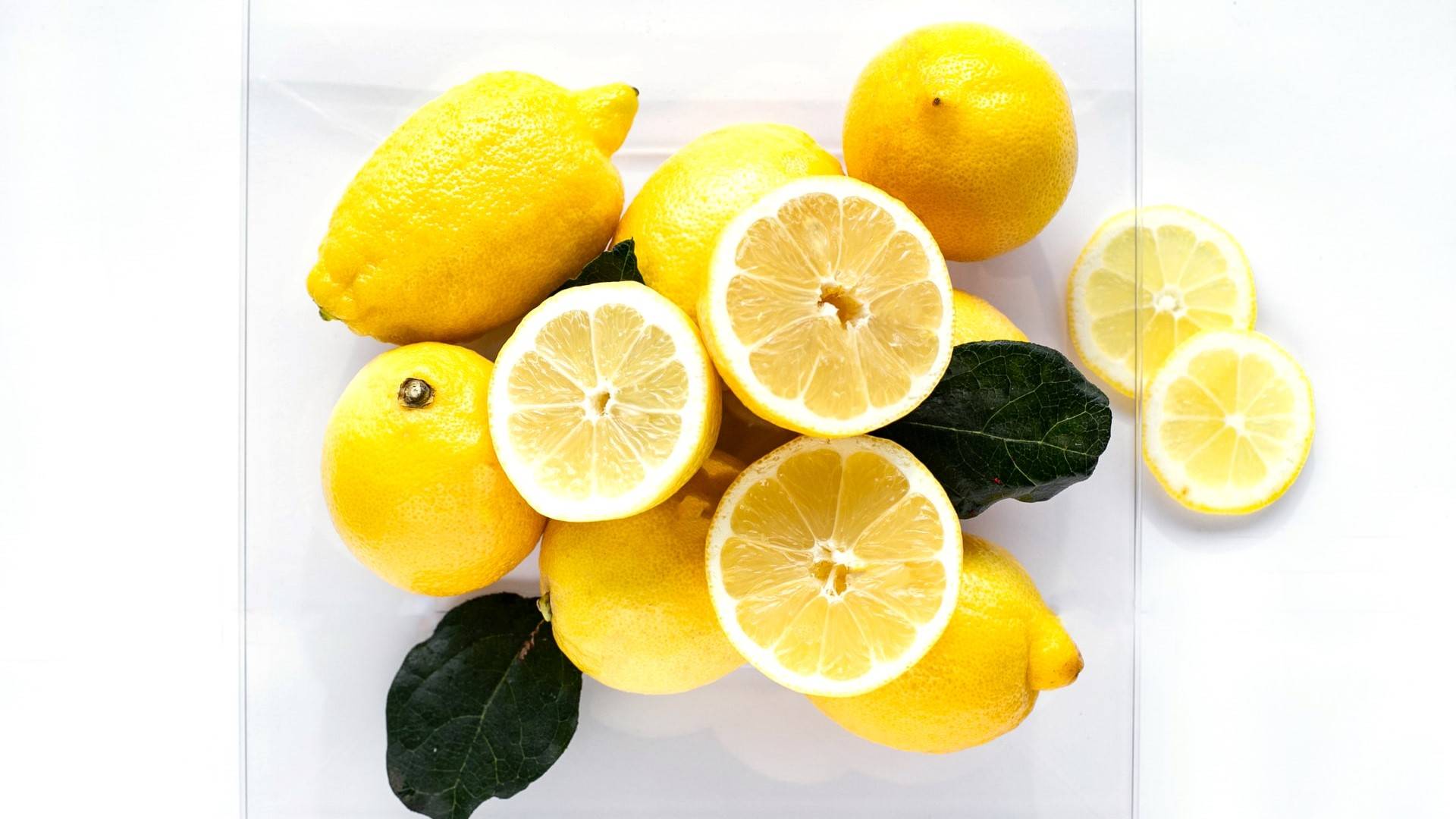Käse ist sauer und Gemüse ist basisch. Aha … wenn sauer lustig macht, dann weg mit dem Gemüse! Nein, so einfach ist das mit dem Säure-Basen-Haushalt nicht. Was sich dahinter wirklich verbirgt, erfährst du hier.
Der Körper ist nicht nur ein Wunderwerk der Natur, sondern auch ziemlich schlau und weiß häufig, sich selbst zu helfen, um sein System im Gleichgewicht zu halten. So auch beim Säure-Basen-Haushalt: Essen wir zu viele Lebensmittel, die „sauer“ machen, holt er sich körpereigene Mineralien, die basisch wirken, um wieder ein Gleichgewicht herzustellen. Auf Dauer führt das aber wiederum zu einem Ungleichgewicht im System und das kann sich negativ auf die Leistungsfähigkeit auswirken und ebenso zu Krankheiten führen.
Die magische Sieben
Der pH-Wert zeigt an, wie es gerade um das Säure-Basen-Verhältnis im Körper steht. Diesen kann man zum Beispiel über einen Urintest mit einem Teststreifen (gibt es im Reformhaus) herausfinden. Die Werteskala reicht von 0 bis 14. Die goldene Mitte von 7 ist neutral. Ist der Wert unter 7, so liegt eine Übersäuerung vor. Im Schnitt liegt der Wert zwischen 7,35 und 7,45. Jedoch ist die Nutzung des pH-Streifens unter Experten umstritten, da der Indikator nur den Wert im Urin misst, aber nicht den pH-Wert im Magen oder in der Zellflüssigkeit. Weitere Tests kann man u.a. über das Blut oder auch den Speichel durchführen. pH steht übrigens für „potentio Hydrogenii“ und bedeutet vage übersetzt „Kraft des Wasserstoffs“.
Übersäuert?
Die Folgen von Übersäuerung können z.B. sein, dass du dich müde, gereizt oder schlapp fühlst. Auch Kopf-, Gelenk- oder Muskelschmerzen, Haarausfall oder brüchige Fingernägel können die Folge sein – oder der vergebliche Versuch, Gewicht zu verlieren. Schlimmere Symptome wären u.a. Osteoporose und eine hohe Verletzungsanfälligkeit. Muskulatur, Knochen, Sehnen und Bänder sind einfach überlastet. Natürlich können all diese Symptome auch andere Ursachen haben und das gilt es herauszufinden.
Sauer sein macht sauer …
Nicht nur eine falsche Ernährung kann zu einer Übersäuerung führen, sondern auch Stress und negative Gefühle. Das vegetative Nervensystem ist überreizt, man ist angespannt, atmet flach und verhindert dadurch, dass der Körper ausreichend mit Sauerstoff versorgt wird. So können Säuren in Form von Kohlendioxid nicht abgeatmet werden und das wirkt sich negativ auf den Säuregehalt im Blut aus.
… Süßes leider auch
Und nun kommt die schlechte Nachricht für Naschkatzen: Zucker zählt zu den Lebensmitteln die „sauer“ machen. Ebenso Fleisch, Wurst, Käse, Hülsenfrüchte und Getreideprodukte. Auch Kohlensäure hat diese Wirkung. Dagegen wirken sauere Zitrusfrüchte „basisch“, genauso wie jede andere Obst- und Gemüsesorte oder Kartoffeln.
Achtung: Lebensmittel haben keinen basischen pH-Wert, das ist ein Irrglaube.
Basisch baden
Möglichkeiten zur Entsäuerung gibt es einige, z.B. eine Kur mit Basenpulver, Basenkapseln oder baden mit einem basischen Badezusatz. All diesePräparate sind Mineralstoffkombinationen aus überwiegend: Calcium, Natrium, Kalium und Magnesium. So bekommt der Körper ein neues Basenpolster als Säurepuffer. Auch Schüssler Salze können bei einer Entsäuerungskur behilflich sein, wie das Schüssler Salz „Natrium Phosphoricum“ (Nr. 9). Es bindet Säuren, die im Stoffwechselprozess entstehen. Deshalb trägt es auch den Titel „Salz des Stoffwechsels“.
Da die Haut unser größtes Ausscheidungsorgan ist, kannst du mit einem Basenbad Säure, Schlacken und andere Giftstoffe prima durch eine Runde in der Badewanne ausleiten. Das Wasser hat durch den basischen Zusatz einen pH-Wert von 8. Wichtig dabei ist, dass die Wassertemperatur über 37 Grad liegt. So entsteht ein „osmotischer Druck“, durch den die Säuren ausgeschieden werden. Dadurch verändert sich der pH-Wert des Badewassers auf einen optimalen Wert von 7,4, den auch dein Körper haben sollte.
Zu guter Letzt: Zusatzpräparate sind eine Alternative – aber kein Ersatz für eine gesunde und ausgewogene Ernährung.
In diesem Sinne: Keep your balance!























